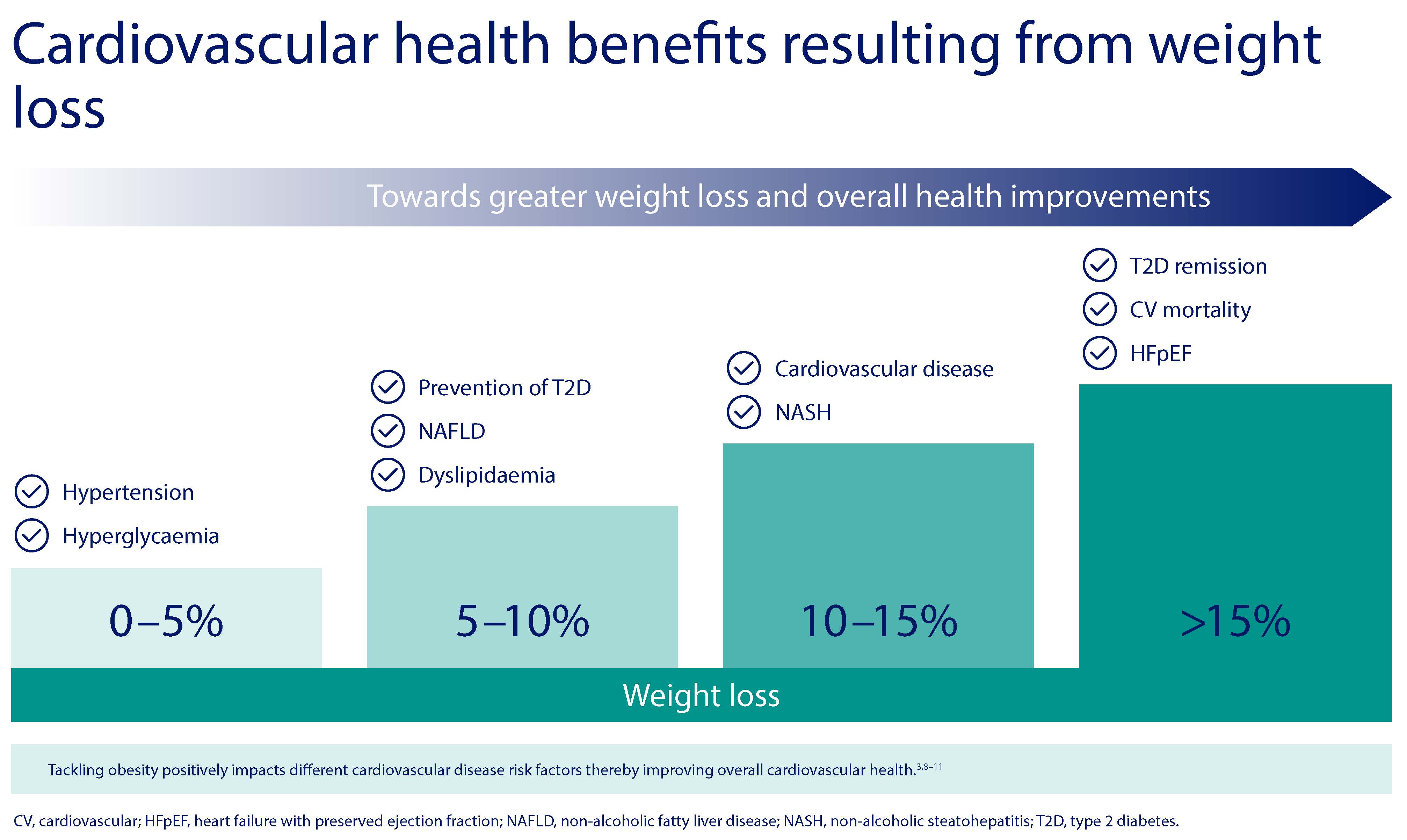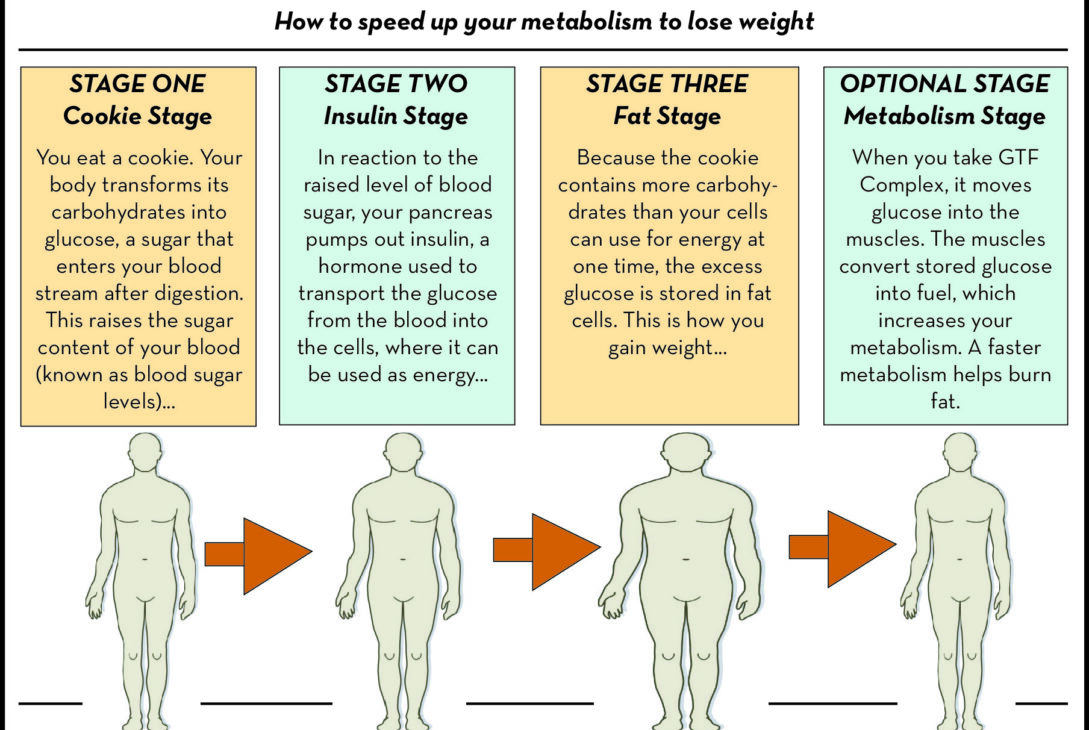Weight loss focuses on reducing body weight, while weight management involves maintaining a healthy weight over time. Both are crucial for overall health.
Weight loss often involves short-term strategies like dieting and exercising to shed excess pounds. Weight management, on the other hand, is a long-term approach that includes lifestyle changes to sustain a healthy weight. This can involve balanced eating, regular physical activity, and behavioral modifications.
Understanding the difference is essential for setting realistic goals. While losing weight can provide immediate health benefits, managing weight ensures those benefits are maintained. A comprehensive approach that combines both aspects can lead to better health outcomes and improved quality of life.

Credit: www.homage.sg
Weight Loss Basics
Weight loss is a popular topic. Many people want to shed extra pounds. It is important to understand what weight loss truly means. Weight loss involves reducing the body’s mass. This can be achieved through various methods. Let’s dive into the basics.
Definition
Weight loss is the process of losing body mass. This includes fat, muscle, and water. The goal is to achieve a healthier weight. Weight loss can improve overall health. It can also boost self-esteem and energy levels.
Common Methods
There are many ways to lose weight. Some common methods include:
- Dieting: Eating fewer calories than you burn.
- Exercise: Increasing physical activity to burn more calories.
- Healthy Eating: Choosing nutritious foods and avoiding junk food.
- Hydration: Drinking plenty of water to stay hydrated.
- Sleep: Getting enough rest to support weight loss.
Some people also use weight loss programs. These programs offer structured plans and support. They can be helpful for those needing guidance.
Remember, weight loss is a journey. It requires commitment and patience. Always consult with a healthcare professional before starting any weight loss plan.

Credit: www.health.harvard.edu
Weight Management Essentials
Understanding weight management is crucial for a healthy lifestyle. This involves maintaining a balanced weight over time. Unlike weight loss, which focuses on shedding pounds, weight management emphasizes stability.
Definition
Weight management means keeping your weight within a healthy range. It involves monitoring food intake, exercise, and habits. Unlike short-term diets, it’s a lifelong approach.
Key Strategies
- Balanced Diet: Eat a variety of foods from all food groups.
- Regular Exercise: Engage in physical activity most days of the week.
- Portion Control: Watch the amount of food you eat at each meal.
- Healthy Habits: Develop routines that promote a healthy lifestyle.
- Hydration: Drink plenty of water daily.
- Sleep: Ensure you get enough rest every night.
| Strategy | Details |
|---|---|
| Balanced Diet | Include fruits, vegetables, proteins, and whole grains in your diet. |
| Regular Exercise | Incorporate activities like walking, running, or yoga into your routine. |
| Portion Control | Use smaller plates to help control portion sizes. |
| Healthy Habits | Avoid skipping meals and try to eat at regular times. |
| Hydration | Carry a water bottle to remind yourself to drink water. |
| Sleep | Aim for 7-9 hours of sleep each night for optimal health. |
Short-term Vs. Long-term Goals
Understanding the difference between weight loss and weight management is essential. Both concepts have unique goals and strategies. This section explores the contrast between short-term and long-term goals.
Immediate Results
Weight loss often aims for immediate results. People focus on shedding pounds quickly. This approach might include crash diets or intense workouts. These methods may show results within weeks or months. The goal is to see a lower number on the scale fast.
Short-term goals in weight loss usually involve:
- Strict calorie restrictions
- High-intensity exercise routines
- Temporary lifestyle changes
These methods can be effective but aren’t always sustainable. Rapid weight loss can lead to muscle loss, nutrient deficiencies, and other health issues.
Sustainable Habits
Weight management, on the other hand, focuses on sustainable habits. The goal is to maintain a healthy weight over time. This involves creating lasting lifestyle changes. These changes should be easy to maintain throughout life.
Long-term goals in weight management usually involve:
- Balanced diet plans
- Regular physical activity
- Mindful eating practices
These methods promote overall well-being. They reduce the risk of regaining lost weight. The focus is on health rather than just the number on the scale.
Here’s a comparison of short-term and long-term goals in weight loss and weight management:
| Aspect | Weight Loss (Short-term) | Weight Management (Long-term) |
|---|---|---|
| Time Frame | Weeks to Months | Months to Years |
| Diet | Strict and Temporary | Balanced and Permanent |
| Exercise | High-Intensity | Moderate and Regular |
| Focus | Quick Results | Lasting Health |
Diet And Nutrition
Diet and nutrition play a crucial role in both weight loss and weight management. Understanding the right approach to diet can help you achieve your goals efficiently. Let’s explore the key aspects of diet and nutrition.
Caloric Deficit
Creating a caloric deficit is essential for weight loss. This means consuming fewer calories than your body needs. Here are some simple ways to create a caloric deficit:
- Eat smaller portions
- Choose low-calorie foods
- Avoid sugary drinks
Tracking your daily calorie intake can help ensure you are in a deficit. Various apps can assist with this process. Remember, a consistent caloric deficit leads to weight loss.
Balanced Diet
A balanced diet is key for weight management. This involves eating a variety of foods to get all necessary nutrients. Here is what a balanced diet should include:
| Food Group | Examples |
|---|---|
| Fruits | Apples, Bananas, Berries |
| Vegetables | Broccoli, Spinach, Carrots |
| Proteins | Chicken, Fish, Beans |
| Grains | Oats, Brown Rice, Whole Wheat Bread |
| Dairy | Milk, Yogurt, Cheese |
Eating from all these food groups ensures you get essential vitamins and minerals. This helps maintain a healthy body and weight.
Exercise And Physical Activity
Exercise and physical activity play crucial roles in both weight loss and weight management. They help burn calories, build muscle, and improve overall health. But the approach to exercise can differ based on your goals. Here’s a deeper dive into the nuances of exercise in weight loss and weight management.
Types Of Workouts
Different workouts serve different purposes. For weight loss, high-intensity interval training (HIIT) and cardio exercises are effective. They help burn more calories in less time.
- HIIT: Short bursts of intense activity followed by rest.
- Cardio: Activities like running, cycling, and swimming.
Weight management benefits from a mix of strength training and moderate cardio. These workouts help maintain muscle mass and keep metabolism active.
| Workout Type | Purpose |
|---|---|
| HIIT | Burns calories quickly |
| Cardio | Improves heart health |
| Strength Training | Builds and maintains muscle |
Consistency And Maintenance
Consistency is key for both weight loss and weight management. Regular exercise helps maintain your results over time.
For weight loss, aim for at least 150 minutes of moderate exercise each week. This can include activities like brisk walking or light jogging.
- Set a weekly exercise goal.
- Track your progress.
- Adjust your plan as needed.
Weight management requires ongoing activity to keep weight stable. Include both aerobic and strength training exercises in your routine.
Maintaining a balanced approach helps sustain your health in the long term.
Psychological Factors
Understanding the psychological factors behind weight loss and weight management is crucial. These factors can greatly influence your success in both areas. Let’s dive into two key psychological aspects: motivation and willpower, and stress management.
Motivation And Willpower
Motivation drives you to start your weight loss journey. It could be health concerns, social events, or personal goals. Motivation is the spark that gets you going.
Willpower keeps you going on tough days. It helps resist temptations and stick to your plan. Both motivation and willpower are essential for success.
Weight management requires maintaining the same level of motivation and willpower. This is often harder because the initial excitement has faded. Finding new sources of motivation can help. Celebrating small victories keeps the journey exciting.
Stress Management
Stress impacts both weight loss and weight management. High stress levels can lead to emotional eating, which hinders progress.
Effective stress management techniques can help. These include:
- Regular exercise
- Mindfulness practices
- Quality sleep
- Healthy hobbies
Develop a routine that incorporates these techniques. This will help in managing stress effectively.
Consistency in stress management is key. It helps you stay on track with your weight goals.
Health Impacts
Understanding the difference between weight loss and weight management is crucial for your health. Weight loss often focuses on shedding pounds quickly. Weight management aims to maintain a healthy weight over time. Both approaches have unique health impacts.
Short-term Effects
Weight loss can lead to quick changes in your body. You may notice:
- Reduced blood pressure
- Improved blood sugar levels
- Better mobility
These benefits are often seen within weeks. Weight management, on the other hand, focuses on steady progress. This approach can result in:
- Less stress on your body
- More sustainable habits
Long-term Benefits
Weight management offers numerous long-term benefits. These include:
- Reduced risk of chronic diseases
- Better mental health
- Increased life expectancy
Weight loss can also have long-term effects, such as:
- Improved overall health
- Boosted self-esteem
Both approaches can contribute to a healthier lifestyle. Choose the method that best suits your needs.
Common Misconceptions
Understanding the difference between weight loss and weight management is crucial. Many people mix these terms. This leads to confusion and unrealistic expectations. Let’s explore some common misconceptions.
Quick Fixes
Many believe in quick fixes for losing weight. They think rapid weight loss is sustainable. This is not true. Quick fixes can be harmful. They often lead to short-term results.
Here are some common quick fixes:
- Extreme calorie restriction
- Skipping meals
- Over-exercising
These methods are not effective for weight management. Sustainable weight management requires balanced habits.
Fad Diets
Many people try fad diets for quick results. Fad diets promise rapid weight loss. They often exclude entire food groups. This can lead to nutrient deficiencies.
Common examples of fad diets include:
- Keto diet
- Atkins diet
- Juice cleanses
These diets are not practical for long-term weight management. A balanced diet with all food groups is essential. This helps in maintaining a healthy weight.
| Quick Fixes | Fad Diets |
|---|---|
| Extreme calorie restriction | Keto diet |
| Skipping meals | Atkins diet |
| Over-exercising | Juice cleanses |
Understanding these misconceptions is important. It helps in setting realistic goals. Sustainable weight management is a long-term commitment. Avoid quick fixes and fad diets for healthy results.

Credit: www.rethinkobesity.global
Frequently Asked Questions
What Is Weight Loss?
Weight loss is the reduction of total body mass, primarily by losing fat, muscle, or water.
What Is Weight Management?
Weight management involves maintaining a healthy weight through balanced eating and regular physical activity.
How Do Weight Loss And Weight Management Differ?
Weight loss focuses on shedding pounds, while weight management emphasizes maintaining a stable, healthy weight.
Is Weight Management Better Than Weight Loss?
Weight management can be better long-term, as it promotes a sustainable, healthy lifestyle rather than temporary results.
Can Weight Management Include Weight Loss?
Yes, weight management can include weight loss as part of a broader strategy to achieve and maintain a healthy weight.
Why Is Weight Management Important?
Weight management is crucial for overall health, reducing the risk of chronic diseases, and improving quality of life.
What Are Effective Weight Management Strategies?
Effective strategies include balanced nutrition, regular exercise, hydration, sufficient sleep, and stress management.
Conclusion
Understanding the difference between weight loss and weight management is crucial for achieving long-term health goals. Weight loss focuses on shedding pounds quickly, while weight management aims for sustainable habits. By distinguishing between the two, you can choose the right strategy for your unique needs and maintain a healthier lifestyle.




